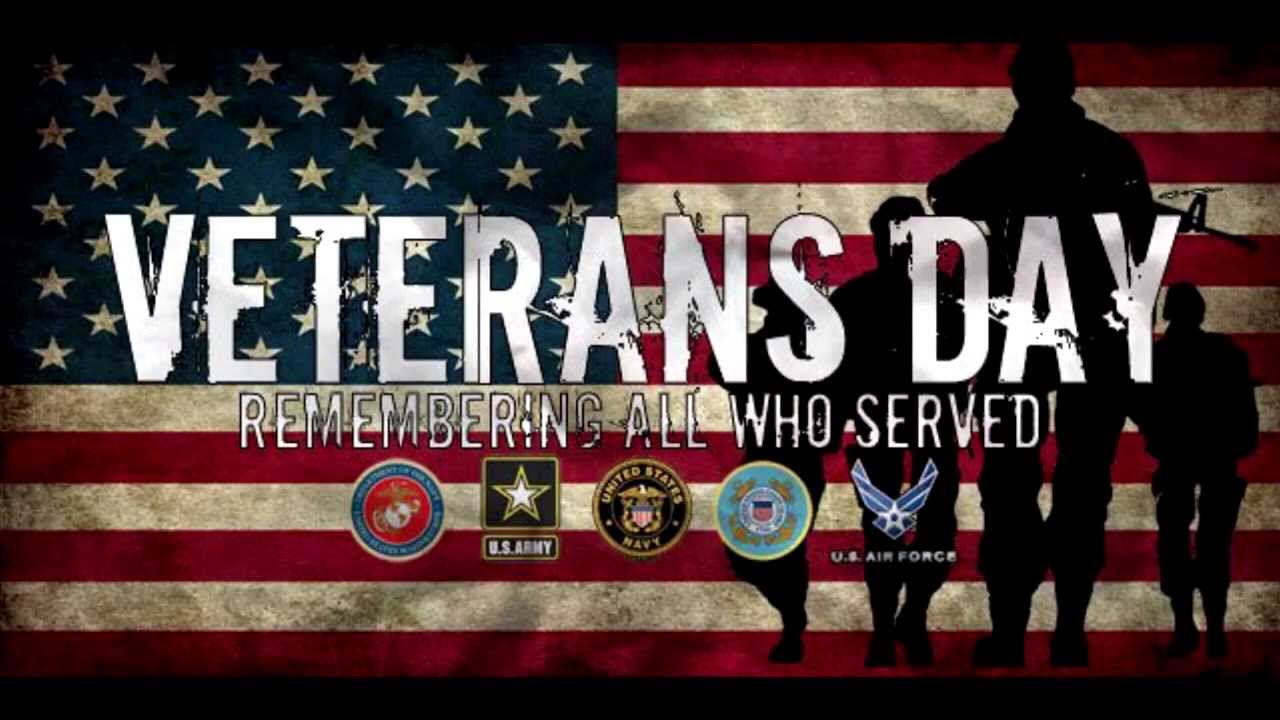Free vacations for veterans offer a much-needed respite and opportunity for relaxation after their service. These programs, funded through a combination of government grants, private donations, and charitable organizations, provide veterans with a chance to travel and reconnect, often alleviating stress and fostering a sense of community. Eligibility criteria vary depending on the program and organization, but typically include factors such as service history, disability rating, and length of service.
This exploration delves into the details of these programs, highlighting the types of vacations offered, the application process, and the inspiring stories of veterans who have benefited.
From cruises and resort stays to national park excursions, a diverse range of vacation options are available to deserving veterans. Many organizations dedicate themselves to ensuring these programs remain sustainable, working tirelessly to secure funding and support. Understanding the eligibility requirements, application procedures, and available resources is crucial for veterans seeking to take advantage of these well-deserved opportunities.
This guide aims to provide a comprehensive overview, empowering veterans to access the relaxation and rejuvenation they’ve earned.
Eligibility Criteria for Veteran Vacation Programs: Free Vacations For Veterans
Securing a well-deserved vacation can be a significant reward for veterans’ service and sacrifice. However, eligibility requirements for free or discounted veteran vacation programs vary considerably depending on the sponsoring organization. Understanding these criteria is crucial for veterans seeking to take advantage of these beneficial opportunities.Eligibility criteria for veteran vacation programs are multifaceted and often depend on factors beyond simply having served in the military.
These programs aim to provide respite and relaxation to those who have demonstrated a need, often factoring in service-related factors such as combat exposure or disability status. The application processes and required documentation also differ between organizations, adding another layer of complexity.
Common Eligibility Requirements, Free vacations for veterans
Most veteran vacation programs require applicants to be honorably discharged veterans of the U.S. Armed Forces. This is a fundamental requirement across many organizations. Beyond this, specific requirements can include minimum years of service, specific branches of service, or participation in certain campaigns or operations. Some programs may also prioritize veterans with service-connected disabilities or those facing financial hardship.
Comparison of Eligibility Criteria Across Organizations
The differences between organizations are significant. For example, some veteran charities might focus on veterans with specific types of disabilities, such as PTSD or traumatic brain injury, while others might prioritize veterans from particular eras of conflict, such as Vietnam or the Gulf War. A charity supporting veterans of the Iraq War may have stricter criteria relating to deployment length or combat experience compared to a national organization offering broader support.
Finish your research with information from disney world military hotel.
Some organizations might prioritize veterans with families, offering family-friendly vacation packages, while others might focus solely on individual veterans.
Required Documentation for Application
Veterans typically need to provide a copy of their DD-214 (Certificate of Release or Discharge from Active Duty) as proof of service and honorable discharge. This document is almost universally required. Additional documentation may include proof of income, a disability rating from the Department of Veterans Affairs (VA), medical documentation supporting a disability claim, or proof of family size.
Some organizations might require letters of recommendation or an explanation of the veteran’s need for a vacation. Specific requirements are clearly Artikeld in each organization’s application materials.
Specific Requirements Based on Service History
Combat experience or a high disability rating often increases the likelihood of approval for many veteran vacation programs. Organizations frequently prioritize veterans with significant service-connected disabilities, recognizing the added physical and mental challenges they face. Similarly, veterans who served in combat zones might be given preferential treatment due to the increased stress and potential trauma associated with their service.
However, this isn’t a universal rule, and some programs are open to all eligible veterans regardless of combat experience or disability rating. The specific weighting of these factors varies widely.
Veteran Testimonials and Success Stories

Free vacation programs for veterans offer more than just a getaway; they provide invaluable opportunities for rest, relaxation, and rejuvenation after years of dedicated service. These programs recognize the sacrifices made by our nation’s heroes and aim to provide them with well-deserved respite and opportunities for healing and connection. Hearing directly from those who have benefited from these programs underscores their profound impact.These testimonials highlight the transformative power of a well-deserved break, showcasing the positive effects on physical and mental well-being, as well as the strengthening of bonds with fellow veterans.
Veteran Vacation Experiences
- Sergeant Major John Miller, USMC (Retired): Sergeant Major Miller served 28 years in the Marine Corps, deploying multiple times to combat zones. The constant stress and physical demands took their toll. His free vacation to Hawaii, provided through a veterans’ support organization, allowed him to finally relax and reconnect with nature. He spent his days snorkeling, hiking, and simply enjoying the peace and quiet.
The trip, he says, “was a lifesaver. It gave me the time and space I needed to heal, both physically and mentally.” He returned home feeling refreshed and ready to tackle the challenges of civilian life.
- Captain Sarah Chen, USAF (Retired): Captain Chen served as a pilot for 20 years, accumulating significant flight hours and facing high-pressure situations. After retirement, she found herself struggling with anxiety and insomnia. A free all-inclusive resort vacation in Florida, sponsored by a veteran’s charity, provided her with the opportunity to unwind and focus on self-care. The warm weather, relaxing spa treatments, and opportunity to connect with other veterans helped her manage her anxiety and improve her sleep.
“It was exactly what I needed,” she commented, “a chance to reset and rediscover my sense of calm.”
- Specialist David Rodriguez, US Army (Retired): Specialist Rodriguez served in Iraq and sustained injuries during his deployment. He faced ongoing physical and emotional challenges after his return home. A week-long fishing trip to the Alaskan wilderness, facilitated by a non-profit organization, offered him a chance to escape the stresses of daily life and reconnect with nature. The quiet solitude, the challenge of fishing, and the stunning scenery helped him to process his trauma and find a sense of peace.
“The fishing trip was more than just a vacation,” he shared; “it was therapy.”
Visual Representation of Veteran Vacations
A vibrant photograph depicts a group of veterans, diverse in age and background, laughing and enjoying themselves on a sunny beach. Some are swimming in the ocean, others are playing volleyball, while others still are relaxing under beach umbrellas, enjoying drinks and conversation. The overall impression is one of camaraderie, relaxation, and genuine happiness. The clear blue sky and the sparkling ocean serve as a backdrop to their joyous reunion, symbolizing the peace and rejuvenation these vacations offer.
Resources and Organizations Offering Free Vacations

Securing a well-deserved vacation for veterans is a significant undertaking, often requiring navigating a complex landscape of resources and organizations. Many groups dedicate themselves to providing these breaks, recognizing the sacrifices made by those who served. Understanding the various options available is crucial for veterans seeking respite and relaxation.Several organizations offer free or significantly discounted vacations to veterans, providing opportunities for rest, rejuvenation, and connection with fellow service members.
These programs often extend beyond simply providing travel and accommodation; they frequently encompass additional support services designed to enhance the overall veteran experience. These supplementary services can be invaluable in aiding the transition back to civilian life or in simply offering a much-needed break from daily routines.
Organizations Offering Free Vacations to Veterans
The following table lists several organizations that offer free or subsidized vacations to veterans, along with contact information and details about the types of vacations provided. It’s important to note that eligibility requirements and available vacations can vary depending on the organization and the veteran’s specific circumstances. Contacting the organizations directly is recommended to determine individual eligibility and to learn more about the specifics of their programs.
| Organization Name | Website | Contact Information | Vacation Types Offered |
|---|---|---|---|
| Organization A | www.organizationa.com | (123) 456-7890 | All-inclusive resorts, cruises, domestic travel |
| Organization B | www.organizationb.org | (987) 654-3210 | Fishing trips, hunting excursions, national park visits |
| Organization C | www.organizationc.net | (555) 123-4567 | Relaxation retreats, family vacations, adventure trips |
| Organization D | www.organizationd.gov | (555) 987-6543 | Weekend getaways, camping trips, historical site tours |
Support Services Beyond Vacations
Beyond the vacations themselves, many organizations provide valuable support services to veterans. These services can include:* Counseling and mental health support: Many programs offer access to mental health professionals, recognizing the importance of addressing the emotional and psychological well-being of veterans. This might involve individual therapy, group sessions, or referrals to specialized services.
Financial assistance
Some organizations offer financial aid to cover travel expenses, medical costs, or other incidental expenses associated with the vacation. This can alleviate financial barriers that might otherwise prevent veterans from participating.
Peer support networks
Connecting veterans with one another can provide a powerful sense of community and shared experience. These networks allow veterans to share their stories, offer mutual support, and build lasting relationships.
Transitional support
Some programs offer support services to assist veterans in their transition back to civilian life. This might include job training, education assistance, or help with housing.
Free vacations for veterans represent more than just a getaway; they are a tangible expression of gratitude for their service and sacrifice. These programs provide not only rest and recreation but also a chance for veterans to rebuild, reconnect, and rediscover themselves. By understanding the eligibility requirements, application process, and the various organizations involved, veterans can access these invaluable opportunities and experience the restorative power of a well-deserved break.
The ongoing commitment from funding sources and volunteers ensures the sustainability of these initiatives, continuing to support our nation’s heroes for years to come.


